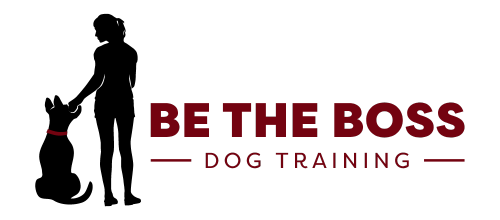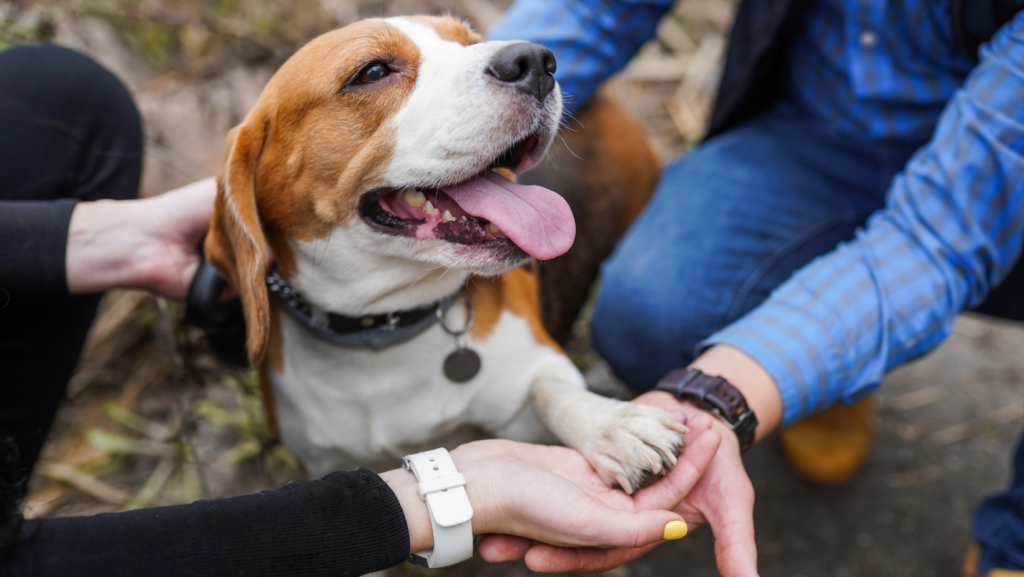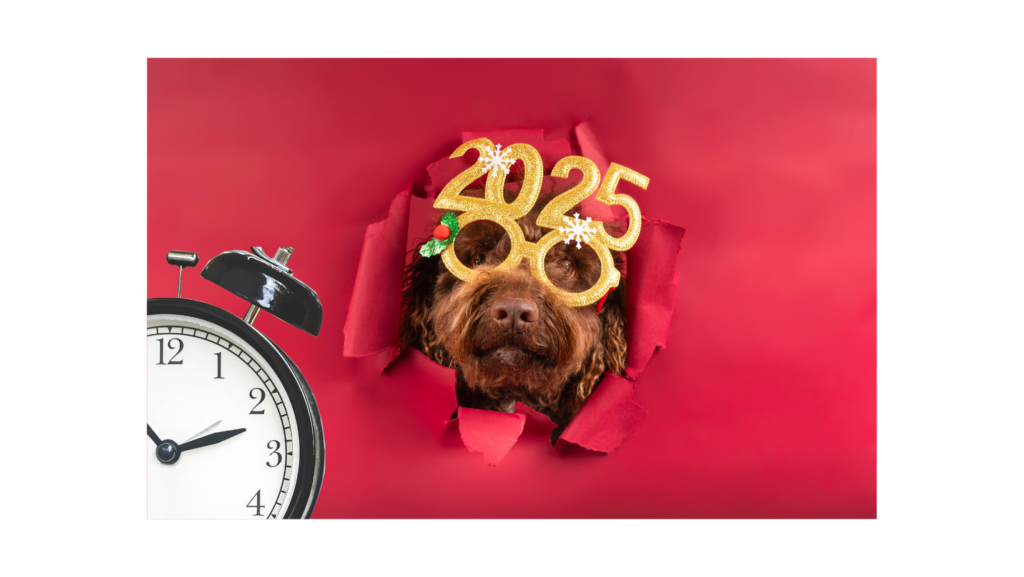So, you’re about to hire a dog trainer? Great. But before you dive in, let me hit you with some hard truth—not all trainers are created equal. If you’re serious about your dog’s behavior and long-term success, you can’t afford to skip over the tough questions during your consultation.
Your dog’s future is on the line, and you need a trainer who’s not just knowledgeable, but someone who fits your goals and values. Here’s what you need to ask—and why it matters.
1. What Training Methods Do You Use?
Don’t just let this one slide by with a generic answer. You need specifics. Are they relying on positive reinforcement alone, or do they incorporate corrections? You need to know exactly how your dog will be trained. Some trainers will sugarcoat their methods, but you need to understand whether their philosophy aligns with what’s best for your dog’s temperament and your lifestyle.
If they hesitate or brush off your concern? Run.
2. How Do You Handle Problem Behaviors?
Dog training isn’t just about teaching your dog to sit and stay. What happens when your dog displays aggression, anxiety, or reactivity? You need a trainer who isn’t going to dance around tough issues. Ask them how they’ve handled these situations in the past.
If they claim they can “fix” it quickly, be skeptical. True behavior change takes time, and you don’t want someone who will push your dog too far, too fast.
3. What’s Your Experience with My Dog’s Breed?
Not every trainer has worked with every type of dog, and that’s okay. But when you’ve got a stubborn breed like a Husky or a powerful one like a Rottweiler, you need to know if your trainer has hands-on experience with dogs that require a firm, knowledgeable hand. Breed-specific knowledge is critical. Don’t accept a generic “all dogs are the same” approach. They aren’t.
4. How Do You Involve Owners in the Training Process?
You don’t just want a trainer to take your dog away, work some “magic,” and hand them back. No, you need to be an active part of this journey. Ask how they involve you in the process. Do they give you homework? Do they communicate clearly about your role? You’re not just hiring a trainer for your dog—you’re hiring a coach for yourself.
If they’re not focused on empowering you as the handler, you’re wasting your time. It’s your responsibility to continue the training at home.
5. What Happens If My Dog Doesn’t Respond Well to Your Methods?
This one will separate the real pros from the amateurs. If they’re truly experienced, they’ll be able to adapt their techniques to your dog’s unique needs. But if they stick rigidly to one method without flexibility, you have a problem. Dogs are individuals, and any trainer worth their salt will have backup plans.
6. Can I See Client Testimonials or References?
You wouldn’t hire someone to work on your house without checking their reviews—so why should your dog’s training be any different? If they can’t provide testimonials, or they dodge the question? Huge red flag. A good trainer should have a long list of satisfied clients ready to sing their praises.
7. What’s Your End Goal for My Dog?
Let’s get real—what does success look like to them? Some trainers might think it’s about creating a robot that never steps out of line. But what do you want? A well-behaved companion who listens but still has personality, right? Make sure their definition of success matches your expectations.
Bottom Line: Don’t Settle
Dog training isn’t something you want to cut corners on. The consultation is your chance to dig deep, ask uncomfortable questions, and make sure you’re making the right choice for your dog. Don’t get distracted by flashy websites or overly friendly sales pitches. Stay focused. This is about the safety, well-being, and happiness of your dog for years to come.
So, don’t be shy. Be assertive. Your dog deserves the best, and it’s up to you to make sure they get it.





